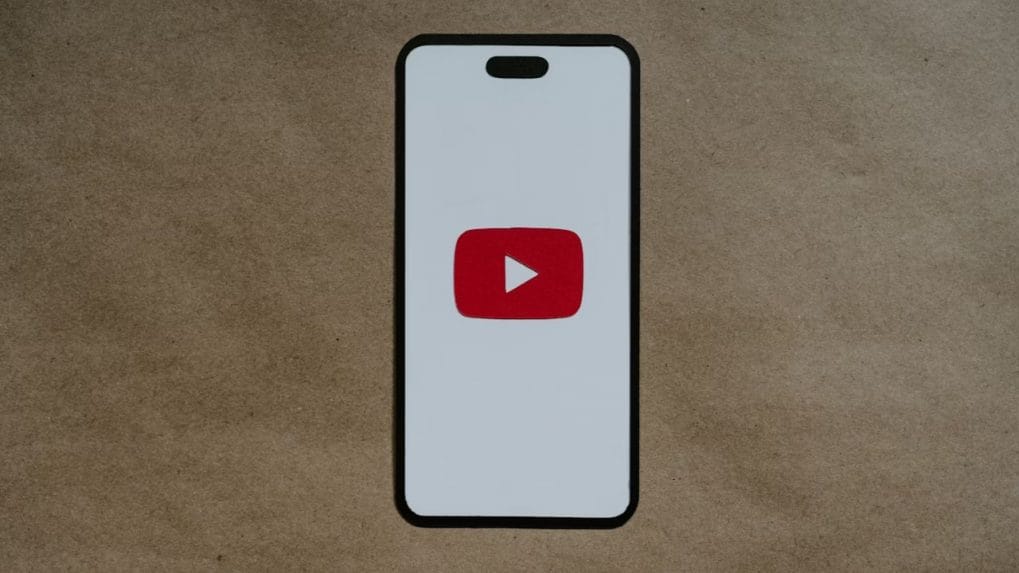How it Works
WPP, Havas, Omnicom: Are advertising’s biggest holdcos recasting agencies as AI Operating Systems?

YouTube has issued a clarification regarding an upcoming update to its monetisation guidelines under the YouTube Partner Program (YPP), set to take effect from July 15. Contrary to speculation, the platform confirmed that the update does not introduce a new policy but is simply a refinement of an existing one.
The key change involves renaming the “repetitious content” guideline to “inauthentic content,” a term YouTube believes better captures content that is mass-produced, overly repetitive, or perceived as spammy and low-value by viewers. This type of content has long been ineligible for monetisation, and the updated language is meant to make the rule clearer for creators.
“We regularly update and evolve our policies based on the content on YouTube,” the platform said in a statement. “This update is to clarify that this policy includes content that is mass-produced or repetitive.”
Among the key clarifications YouTube provided:
No new policy is being introduced. The July 15 change is purely a linguistic update and not a revamp of the existing monetisation rules. The policy applies regardless of how content is created, including whether it involves artificial intelligence (AI) or not.
AI-generated content remains eligible for monetisation, provided it is original, authentic, and complies with disclosure requirements for synthetic or altered material.
Rules regarding reused content remain unchanged. Clips, compilations, and reaction videos can still be monetised as long as they add significant original value—be it educational, critical, or entertaining.
To help creators better understand what qualifies as “mass-produced” content, YouTube cited examples such as channels uploading narrated stories with only minor variations and those publishing slideshows with identical narration across multiple videos.
The platform reiterated the importance of originality in uploaded content to remain eligible for monetisation. Creators can refer to YouTube’s Help Centre for additional examples and comprehensive guidelines.
The clarification comes as YouTube continues to evolve its platform policies in response to the growing use of AI tools and the need for clearer communication with content creators.
From purpose-driven work and narrative-rich brand films to AI-enabled ideas and creator-led collaborations, the awards reflect the full spectrum of modern creativity.
Read MorePraveen Someshwar, Managing Director and CEO of Diageo India, joins the Grand Jury of the Storyboard18 Awards for Creativity, highlighting the awards’ focus on work that blends cultural relevance with strategic and commercial impact.